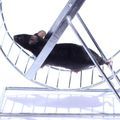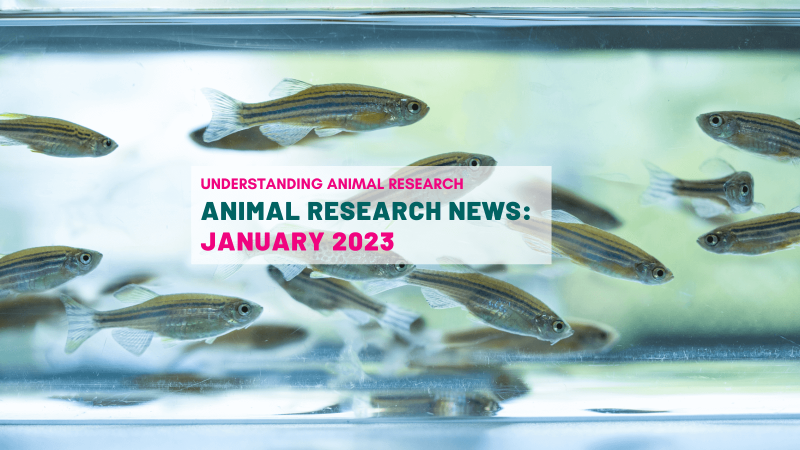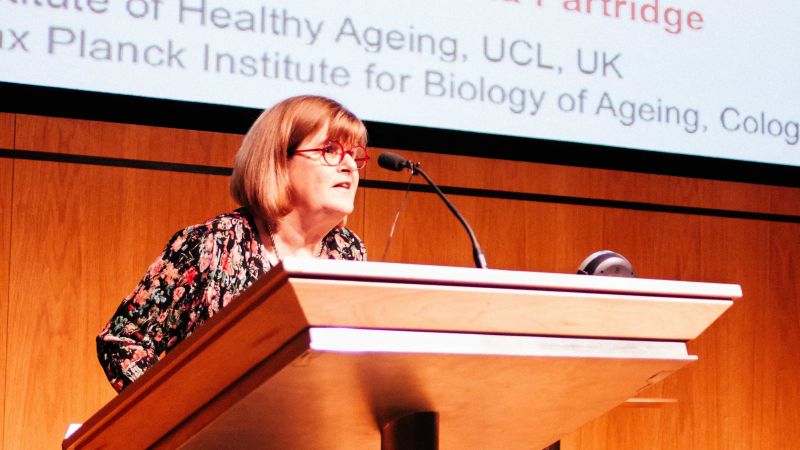Text to go here...
 Regular endurance exercise reduces the effects of ageing, according to new research on mice. Premature ageing was prevented in mice running on a treadmill for 45 minutes, three times a week.
Regular endurance exercise reduces the effects of ageing, according to new research on mice. Premature ageing was prevented in mice running on a treadmill for 45 minutes, three times a week.
Every tissue and organ examined, including the hair, skin, ovaries, testicles, spleen, kidneys, and liver, were healthier in mice that exercised compared to those living a sedentary lifestyle.
Scientists genetically engineered the mice to age faster by creating a defect in a gene responsible for the mitochondria repair system. Mitochondria generate energy for the body's cells. It is thought that as mutations build up in the mitochondria DNA, they can no longer provide cells with enough energy. This stops the functioning of tissue and organs, leading to aging.
In the non-exercising GM mice mitochondria malfunction much earlier in life, causing them to age prematurely before reaching one year. The sedentary mice were balding, greying, physically inactive, socially isolated and less fertile.
However, at one year of age, none of the exercising GM mice had died. Exercising mice also looked as young as healthy non GM mice.
Researchers examined the mitochondria of the exercising mice. They found fewer mutations and signs of damage. The findings suggest that endurance exercise improves mitochondrial function throughout the body.
Other attempts to reduce the effects of ageing have focused on 'exercise-pills' or changes in diet. The new research suggests that endurance exercise could be more effective.
Last edited: 11 January 2022 10:59




